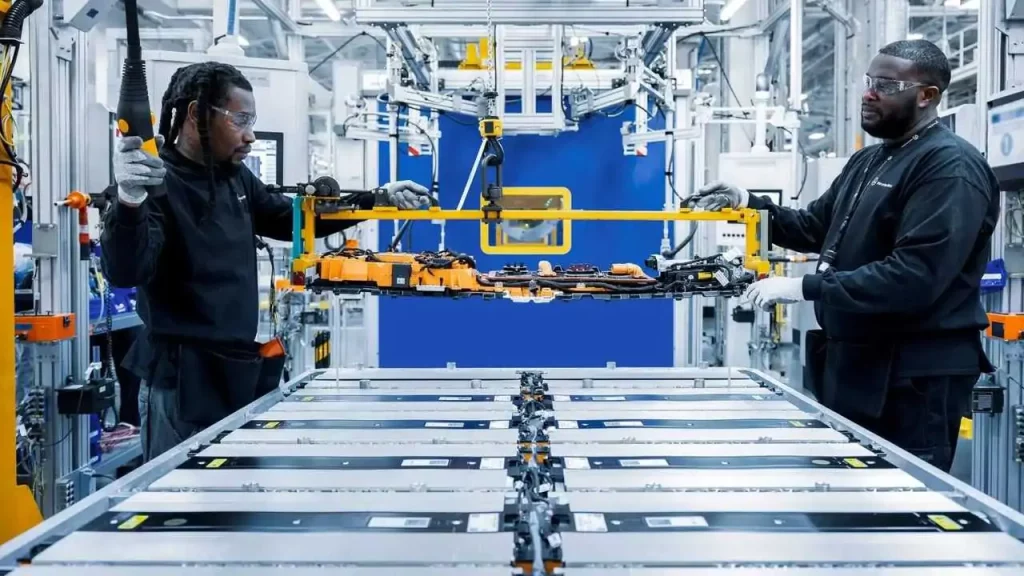In latest news, the United States has earmarked $3.5 billion for expanding domestic battery processing facilities. This investment, part of the Inflation Reduction Act and the Bipartisan Infrastructure Law, aims to enhance the local production of advanced batteries and battery minerals, marking a critical step towards energy independence and technological advancement.
The US currently relies heavily on China and South America for raw materials
The rationale behind this investment is multifaceted. Currently, the U.S. relies heavily on countries like China and South America for critical minerals like lithium-ion, essential for battery production. This dependency not only poses a strategic risk but also hinders the nation’s ability to innovate and lead in the rapidly evolving EV market. By focusing on local production, the U.S. aims to reduce this reliance and establish a robust, self-sufficient battery industry.

Why is this important? The global race for EV dominance is heating up. With China manufacturing a whopping 75% of the world’s lithium-ion batteries, the U.S. faces stiff competition. Moreover, the Biden administration’s goal of net-zero emissions by 2050 and its projection that EVs will account for half of all new light-duty vehicle sales by 2030 underscores the need for a strong domestic battery industry.
The benefits of this investment are manifold. First, it could significantly enhance the U.S.’s global competitiveness in the clean energy sector. Second, it promises the creation of good-paying jobs, contributing to economic growth. Third, it’s a stride towards a cleaner, more sustainable future, aligning with global environmental goals.
However, it’s essential to temper expectations with realism. Building an industry, especially one as complex as battery production, is a marathon, not a sprint. The immediate impact on consumers may be limited, but the long-term benefits could be transformative.
RELATED:
- Oppo Reno 11 series pre-reservations surpass 250,000 in China
- Honor 100 series now available for pre-order in China
- Best Feature Phones with UPI support 2023: Nokia Dominates
(Via)







